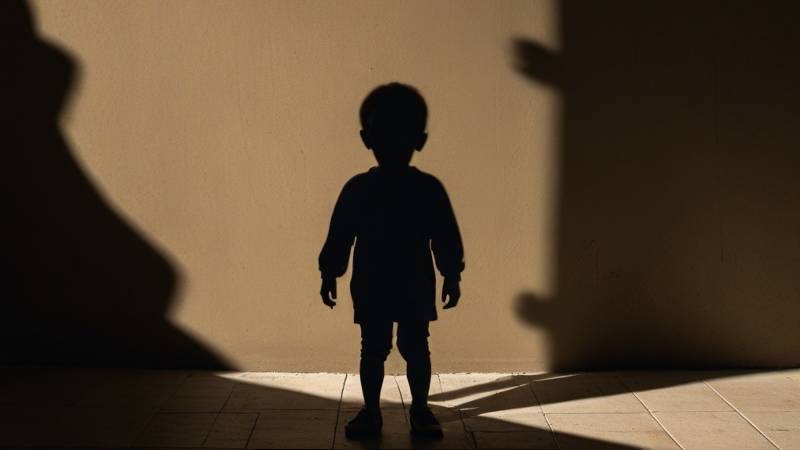A collaborative study led by researchers from the National Institutes of Health’s (NIH) National Institute on Drug Abuse (NIDA), the Substance Abuse and Mental Health Services Administration (SAMHSA), and the Centers for Disease Control and Prevention (CDC) has found that an estimated 321,566 children in the United States lost a parent to drug overdose from 2011 to 2021. The study, published in JAMA Psychiatry, reveals that the rate of children experiencing this loss more than doubled during this period, from approximately 27 to 63 children per 100,000.
Disparities Among Racial and Ethnic Groups
While the highest number of affected children were those with non-Hispanic white parents, communities of color and tribal communities were disproportionately affected. Children with non-Hispanic American Indian/Alaska Native parents consistently experienced the highest rate of loss of a parent from overdose from 2011 to 2021, with 187 per 100,000 children affected in this group in 2021, more than double the rate among non-Hispanic white and non-Hispanic Black children. Children with young non-Hispanic Black parents (18 to 25 years old) experienced the highest yearly increase in rate of loss, at roughly 24%.
“It is devastating to see that almost half of the people who died of a drug overdose had a child. No family should lose their loved one to an overdose, and each of these deaths represents a tragic loss that could have been prevented,” said Nora Volkow, M.D., NIDA director.
The Importance of Support and Prevention
The researchers emphasize the importance of whole-person health care that treats a person with substance use disorder as a parent or family member first and foremost, and provides prevention resources accordingly to support families and break generational cycles of substance use. The study also highlights the need for culturally-informed approaches in prevention, treatment, recovery, and harm reduction services, as well as dismantling racial and ethnic inequities in access to these services.
“Children who lose a parent to overdose not only feel personal grief but also may experience ripple effects, such as further family instability,” said Allison Arwady, M.D., M.P.H., director of CDC’s National Center for Injury Prevention and Control. “We need to ensure that families have the resources and support to prevent an overdose from happening in the first place and manage such a traumatic event.”
The study underscores the tragic magnitude of the overdose crisis and its reverberating effects on children and families. It calls for comprehensive responses to address the needs of individuals, families, and communities affected by drug overdose.
If our reporting has informed or inspired you, please consider making a donation. Every contribution, no matter the size, empowers us to continue delivering accurate, engaging, and trustworthy science and medical news. Independent journalism requires time, effort, and resources—your support ensures we can keep uncovering the stories that matter most to you.
Join us in making knowledge accessible and impactful. Thank you for standing with us!

